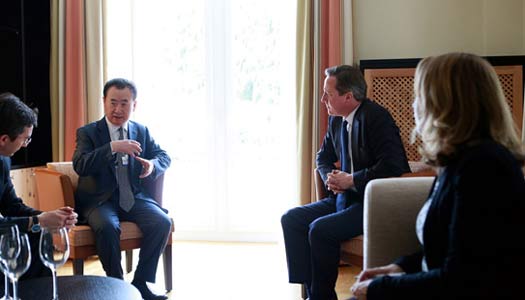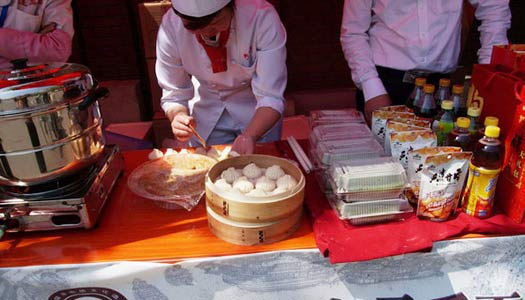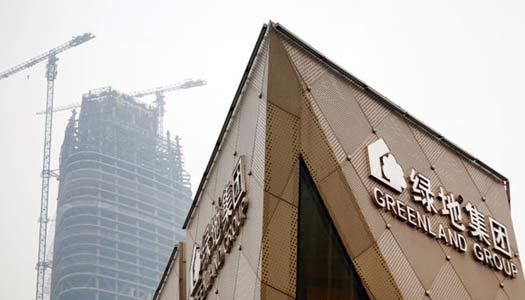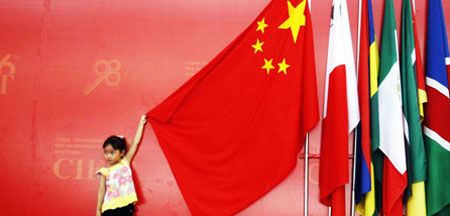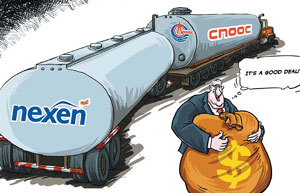Investing abroad not easy: Experts
Updated: 2013-07-16 07:13Zhang Tieshan, an analyst from steel information provider Mysteel.com, shared that opinion.
"It is hard for Chinese companies to make decisions if they have total control of mining companies abroad," he said. "They may have good intentions but always face objections and suspicion if they want to hold the majority of the shares."
For instance, Shougang Group's project in Peru encountered strikes by staff that reflected badly on the company.
"It can be less risky if Chinese steel companies buy shares, which is similar to having a long-term iron ore supply contract," said Zhang.
Hunan Valin Iron and Steel Group Co invested in Australia-based iron ore company Fortescue Metals Group Ltd in 2009, becoming the second-largest stakeholder with a current share of 14.72 percent of the shares. It is considered to be a success by Li Jianguo, general manager of Valin.
He said the key factor behind its success was not interfering with Fortescue's production operations and letting a local team manage its business through major shareholder discussion and participation in board meetings.
"It is proven that this is an effective way to manage overseas investments," Li said. "Valin has received positive financial returns on this investment."
Questioned whether Valin had any influence on Fortescue's iron ore prices and had no say regarding them, Li said the company's investment was to gain positive returns rather than getting below-market prices for iron ore products.
"Iron ore prices depend on supply and demand. Return on industry investment is realized by real market prices through low production costs and product sales."
Although many steel companies have secured iron ore supplies by investing abroad, Zhang said now is not a good time for overseas mergers and acquisitions, buying exploration rights or purchasing land because costs are currently high.
"Iron ore prices will continue to fall. It would be better to consider any possible investment after they fall even further," said Zhang.
China imported 384.29 million tons of iron ore in total in the first half of this year, up 5.1 percent year-on-year, according to the General Administration of Customs.
The average imported iron ore price during the first half was $133.2 a ton, down $6.30 compared with the same period last year.
The average imported iron ore price in June was $126.8 a ton, a $12 drop compared with May's figure.
The iron ore market in the first half was weaker than in the same period last year. The cost of China's iron ore imports for the first half totaled $51.2 billion, a slight increase of 0.3 percent year-on-year.
- BYD exports three electric cars to Thailand
- Grid gets first jolt of residential solar power
- US now largest buyer of China's exports
- China's outbound M&As on the rise
- Tobacco control may entail price, tax rises
- Quanzhou becomes pilot financial reform zone
- New automobiles shine at Geneva Motor Show
- World's longest high-speed rail 'on track'
- Jiugui Liquor involved in plasticizer scandal again
- Accident reignites school bus safety concerns
- China to revise labor law
- Trademark registration under scrutiny
- Dinner ban takes toll on liquor firms
- CIC tables bid for London's Chiswick Park
- Property buyers eye overseas market
- Call for law to protect personal information
- China to cut train ticket prices
- Christmas business
- Solar industry to get jolt from new policies
- KFC chicken under spotlight




